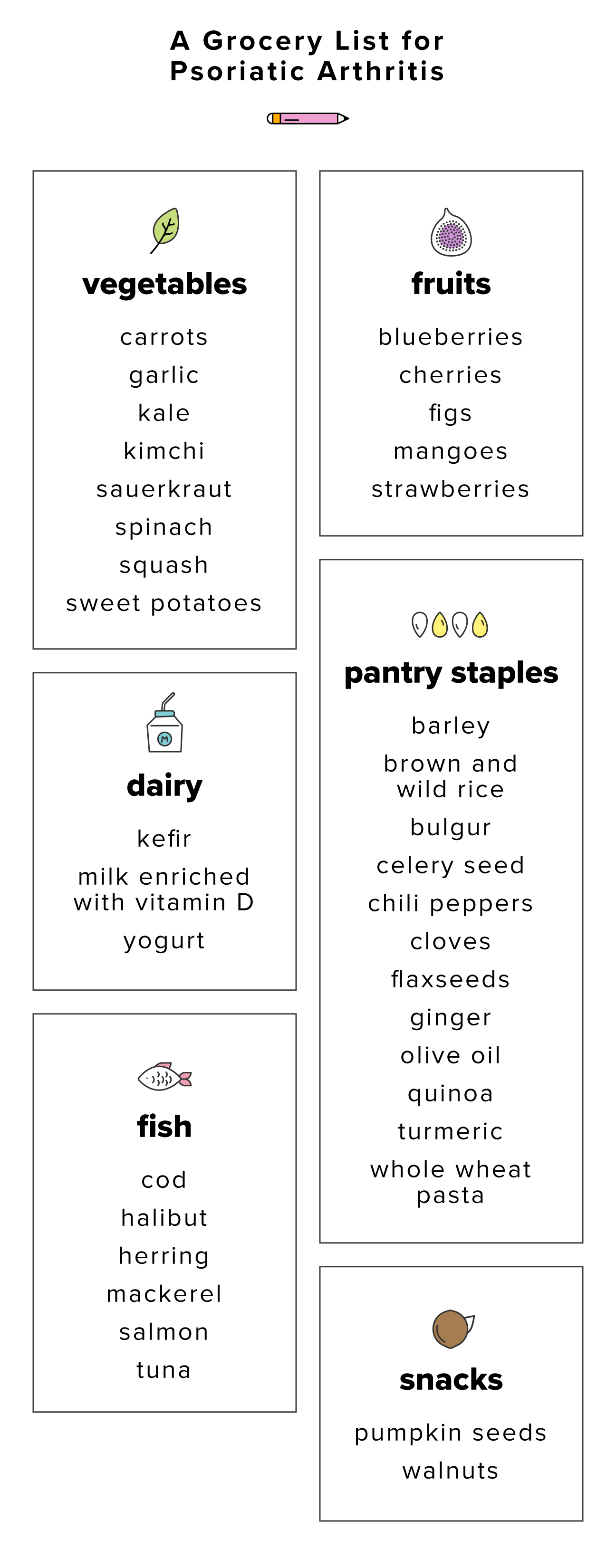
Smart Guide to Hashimoto's Diet Plan for Better Health in 2025
Hashimoto's disease, also known as autoimmune thyroiditis, is an autoimmune disorder that affects the thyroid gland and can lead to hypothyroidism. Living with Hashimoto's can present various challenges, but adopting a tailored diet plays a crucial role in managing symptoms and promoting optimal thyroid function. This guide will provide insights into the Hashimoto's diet, emphasizing the importance of nutrition for Hashimoto's, gluten-free options, and foods that aid in inflammation reduction. Whether you're newly diagnosed or looking to enhance your current regimen, understanding how to incorporate thyroid-friendly foods while avoiding triggers is essential for better health in 2025.
With an emphasis on using anti-inflammatory foods and maintaining a balanced meal plan, this article will highlight the best nutrient-dense foods for thyroid health, the significance of hydration, and stress reduction techniques. You'll discover best practices for meal prepping for Hashimoto's, insights on the role of herbal supplements and vitamins, and how small dietary changes can lead to significant improvements in your overall quality of life.
Key takeaways from this guide include effective meal planning strategies, understanding the foods to avoid, and tips for staying motivated in your journey to managing Hashimoto's disease through diet.
Essential Principles of the Hashimoto's Diet
Building on the basics of dietary changes, it's crucial to understand the essential principles behind the Hashimoto's diet. This approach focuses on reducing inflammation, promoting nutrient absorption, and supporting thyroid function through optimal nutrition. Here, we'll explore the foundational elements of a Hashimoto's-friendly diet.
Understanding Hashimoto's Disease and Diet Connection
Hashimoto's disease and diet are intricately linked. Research indicates that certain foods can exacerbate inflammation and inhibit thyroid function. Consequently, individuals with Hashimoto's should avoid common triggers such as gluten and processed sugars. A gluten-free diet is particularly beneficial for those with gluten sensitivity associated with Hashimoto's. By focusing on anti-inflammatory foods, individuals can consciously choose options that support their thyroid health.
Key Nutrients for Optimal Thyroid Function
Essential nutrients such as selenium and iodine play a vital role in supporting thyroid health. Foods rich in omega-3 fatty acids, antioxidants, and vitamins like B12 and D are essential for maintaining a balanced diet. Incorporating iodine-rich foods like seaweed and ensuring adequate selenium through foods like Brazil nuts are crucial for those managing Hashimoto's disease. Understanding the crucial role of these nutrients can empower individuals to make informed decisions when planning meals.
Creating a Balanced Meal Plan
A well-structured meal plan is crucial for those dealing with Hashimoto's. Incorporating a variety of nutrient-dense foods, while avoiding processed foods, can help manage symptoms effectively. A balanced meal plan should include high-fiber foods, healthy fats, and sufficient protein to provide sustained energy throughout the day. It’s beneficial to focus on whole, organic foods that enhance gut health and support immune function.
Foods to Embrace in a Hashimoto's Diet
Transitioning to a Hashimoto's diet involves embracing various nourishing foods that prioritize thyroid health. This section delves into the key categories of foods that should be integrated into daily meal choices.
Incorporating Anti-Inflammatory Foods
Integrating anti-inflammatory foods into your diet is paramount for managing inflammation associated with Hashimoto's. Foods such as leafy greens, berries, turmeric, and ginger can help reduce inflammation markers in the body. Studies suggest that these foods not only enhance thyroid function but also support overall health by fighting off chronic inflammation. Incorporate these items into your diet through salads, smoothies, and teas for boosting your nutrition effortlessly.
Choosing Gluten-Free Options
A gluten-free diet is essential for individuals with Hashimoto's, especially for those with gluten sensitivity. Embrace gluten-free grains such as quinoa, millet, and buckwheat, which are not only safe but also nutrient-rich. Additionally, gluten-free flours like almond and coconut flour can be excellent substitutes in baking or cooking. Avoiding gluten can help alleviate many symptoms associated with Hashimoto's, allowing for better quality of life and more manageable thyroid levels.
Embracing Healthy Fats and Oils
Healthy fats are vital for hormone production and overall well-being, particularly for the thyroid. Incorporating sources of omega-3 fatty acids, such as fatty fish, chia seeds, and flaxseeds, can support thyroid function. Additionally, using cooking oils like olive and coconut oil can enhance your meals while providing the necessary healthy fats. Remember to avoid trans fats and highly processed oils, which can exacerbate inflammation and disrupt thyroid function.
Foods to Avoid on the Hashimoto's Diet
Understanding which foods to avoid is equally as important as knowing what to include in your diet. This section highlights key foods that can interfere with thyroid health and exacerbate symptoms of Hashimoto's disease.
Identifying Common Triggers
Processed foods, refined sugars, and artificial additives can significantly hinder thyroid function and overall health. A study supports the notion that these foods contribute to inflammation and weight gain, both of which can impact thyroid health. Therefore, it's essential to limit these items and focus on whole, minimally processed food options. By planning your meals around fresh ingredients, you can create a nutrient-dense diet that supports optimal thyroid function.
Understanding Dairy Alternatives
Dairy can often be a trigger for those with Hashimoto's, as it can lead to increased inflammation and digestive issues. Switching to dairy alternatives such as almond milk, coconut yogurt, or soy products can provide similar taste and texture without the adverse effects. These alternatives can enhance your meals, especially in meals that require cream or dairy products, thus making it easier to stick to the diet.
Avoiding Iodine Overload and Processed Foods
While iodine is essential for thyroid health, excessive intake can have detrimental effects for those with Hashimoto's. Foods such as iodized salt and certain dietary supplements can lead to iodine overload, impacting thyroid hormones. It's crucial to find a balance and consult with a healthcare professional regarding your iodine intake. Moreover, processed foods often contain added sugars and unhealthy fats that can contribute to inflammation—a marker of Hashimoto's disease.
Meal Timing and Preparation Techniques for Hashimoto's
Efficient meal timing and preparation strategies can alleviate the stresses of cooking while ensuring adherence to your Hashimoto's diet. This section will share practical tips for meal prepping and timing to optimize health.
Meal Prepping for Convenience
Meal prepping can streamline your cooking routine, making it easier to stick to a Hashimoto's-friendly diet. By setting aside time each week to prepare and portion meals, you can eliminate decision fatigue during the busy weekdays. Focus on preparing whole, nutrient-dense meals and snacks in advance, using containers for easy storage and access. For instance, pre-cook quinoa, roast vegetables, and portion out healthy snacks to keep within reach, enabling a backbone for your balanced meal plan.
Optimizing Meal Timing for Energy Levels
Adopting mindful eating practices and structuring meal timings can have beneficial consequences for energy levels and metabolism. Aim to have balanced meals distributed throughout the day, preventing energy dips and maintaining satiety. This may involve planning for three main meals and two healthy snacks. Furthermore, some studies suggest that the timing of meals can influence metabolic rates and is potentially crucial for managing weight with Hashimoto’s. Listening to your body's cues can guide your eating patterns for improved digestive health.
Healthy Cooking Techniques
Utilizing healthy cooking techniques is vital for retaining the nutrient density of your food. Opt for steaming, baking, or sautéing foods instead of frying, as these methods preserve essential nutrients without adding unnecessary unhealthy fats. Experiment with culinary herbs and spices like garlic and pepper, which not only add flavor but also have health benefits that can aid in managing Hashimoto's symptoms. Simple healthy swaps can lead to flavorful dishes that contribute positively to thyroid health.
Holistic Approaches to Managing Hashimoto's
A comprehensive approach to managing Hashimoto's should include dietary strategies alongside lifestyle changes. Addressing stress, sleep, and emotional well-being can further enhance the effects of your nutrition plan.
Stress Management Techniques
Stress has a significant impact on thyroid health. Practices such as yoga, meditation, and deep-breathing techniques can help mitigate stress levels and improve overall well-being. Building a routine that incorporates relaxation methods can improve your body's ability to manage autoimmune disorders more effectively, making it easier to stick to a healthy diet. Additionally, ensuring that you allocate time for hobbies and activities that promote joy can further enhance your emotional health.
Importance of Sleep for Thyroid Health
Quality sleep is pivotal for maintaining hormonal balance, particularly for those with Hashimoto's. Lack of sleep can lead to fatigue and disrupt thyroid hormone levels. Aim for 7-9 hours of restful sleep each night and create a calming bedtime routine. Limit screen time before bed and consider incorporating practices like reading or light stretching to promote better sleep hygiene.
Community Support and Resources
Connecting with others who are on a similar health journey can be beneficial. Joining thyroid support groups or connecting with nutritionists specializing in autoimmune diseases can provide valuable resources and information. Participating in community forums can also foster a sense of belonging and provide encouragement and motivation as individuals work on managing their Hashimoto's through diet.
Common Questions About Hashimoto's Diet
What foods should I avoid if I have Hashimoto's?
Individuals with Hashimoto's should avoid gluten-containing grains, processed sugars, refined oils, and common allergens like dairy. These foods can contribute to inflammation and hinder thyroid health.
Can diet alone improve my Hashimoto's symptoms?
While diet plays a crucial role, it is essential to view it as one component of a comprehensive management strategy that includes regular monitoring, medication (if necessary), stress management, and other lifestyle modifications.
How can I ensure my diet is balanced while managing Hashimoto's?
Focus on incorporating a variety of whole foods rich in essential nutrients, such as anti-inflammatory foods, healthy fats, and high-fiber options. Consulting with a nutritionist can also help tailor your dietary needs.
Are there specific supplements I should consider?
Some individuals benefit from supplements like selenium, vitamin D, and omega-3 fatty acids. However, it's crucial to consult with a healthcare provider before starting any new supplement regimen.
How does hydration play a role in thyroid health?
Staying well-hydrated supports overall health and can improve digestion, nutrient absorption, and energy levels. Aim for adequate daily water intake and include hydrating foods, such as fruits and vegetables, as part of your diet.

